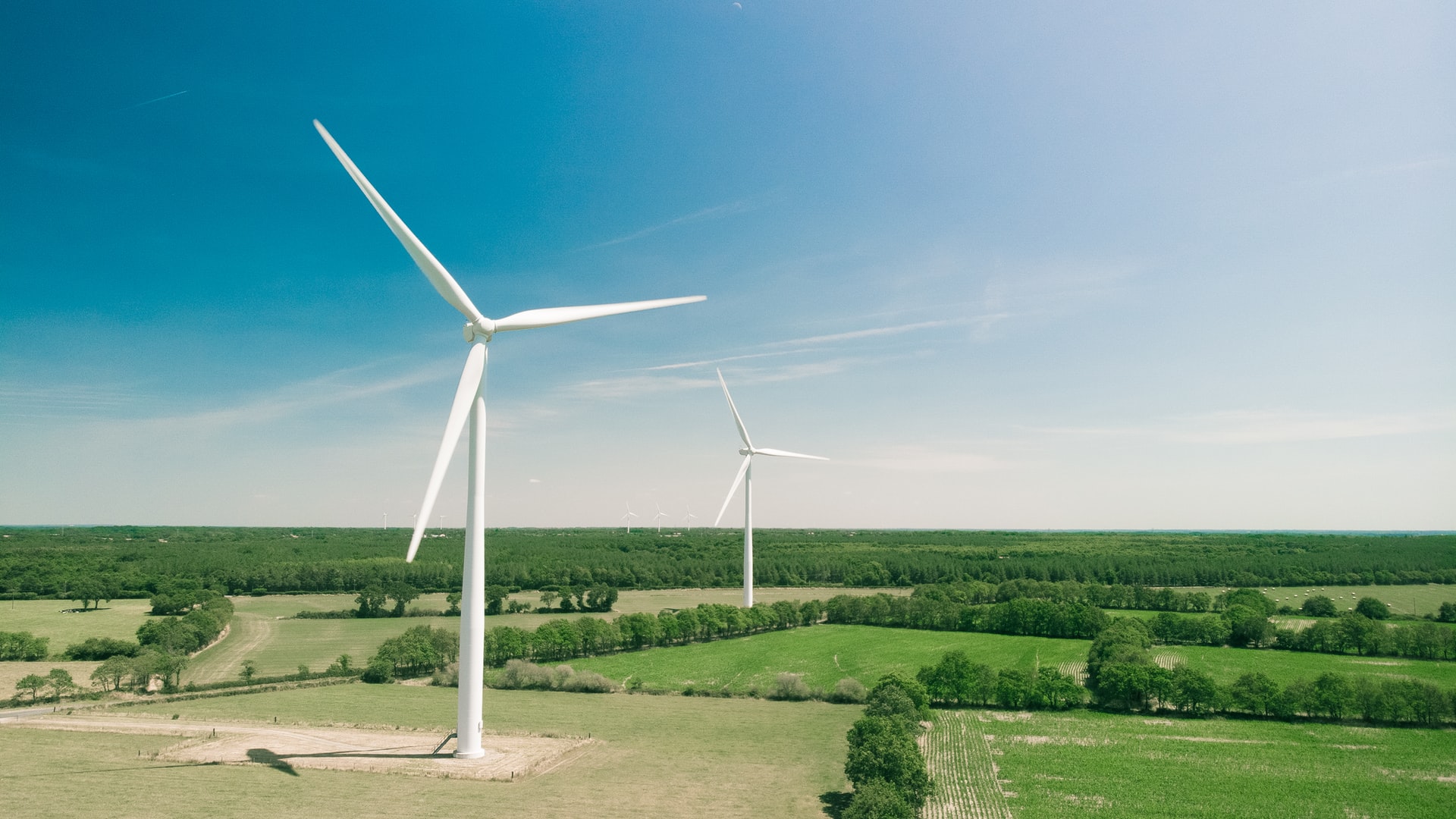Power and Renewable Energy

It is impossible to talk about development without access to energy. Energy is at the core of development. It is also a principal driver of development. The Sustainable Development Goal (7) is focused on ensuring access to affordable, reliable, sustainable and modern energy for all.
Without a doubt, access to affordable, reliable and sustainable energy is crucial to achieving many of the Sustainable Development Goals – from poverty eradication via advancements in health, education, water supply and industrialization to mitigating climate change. Energy is an indispensable ingredient in the infrastructure development mix.
Today, reports indicate that over 65 per cent of the population in sub-Saharan Africa are living without electricity. This has led to stunted economic growth and widespread poverty across the continent. One of the ways to put the continent on the path of development is to have adequate power supply, using different sources of energy available.
The International Monetary Fund (IMF) data shows that that demand for electricity will increase at least by 3 percent annually. With the call for rapid industrialization to reduce the continent’s dependent on exported products, and provide employment opportunities for the growing population, the demand for electricity is expected to skyrocket.
With the call to save the earth in line with the resolution of the 2021 United Nations Climate Change Conference (COP26) held at the SEC Centre in Glasgow, Scotland, United Kingdom which calls for “phasing down” of coal use, it has become imperative to join together to support African nations as they transit to renewable power sources of energy like solar, wind, biogas, geothermal, wave and tidal power, and low-impact hydroelectricity.
Thankfully, the lines seem to be fallen in pleasant places for African countries in the process of transiting to Renewable Energy (RE). Flurry of activities are happening in that space. $600 has been earmarked for RE in Africa by the African Development Bank (AfDB), the Korean Ministry of Economy and Finance and the Export-Import Bank of Korea. Not only that, Financial Sector Deepening Africa (FSDAi) announced an additional $4.5 million for Pay As You Go (PAYG) solar projects in three African countries, totaling $23 million invested in the project.
AfDB’s Desert-to-Power Initiative will result in the development of 10,000MW of solar power in the Sahel of Africa. An estimated 250 million Africans will benefit from this initiative. The World Bank will pump in $465 million into RE integration in West Africa. This is in addition to the $168 million approved to finance Burkina Faso’s quest for clean energy.
The sum of €130 million was raised by Africa Renewable Energy Fund II (AREF II) to boost renewable energy in sub-Saharan Africa. TotalEnergies will invest $60 billion from now and 2030 in RE. The United States of America is not left out of this as the Build Back Better of President Joe Biden through the US Development Finance Corporation will support renewable energy in Sub-Saharan Africa.
Indeed, in spite of these investments, humongous gaps still need to be filled if we must provide RE for millions of people in Africa. It is time to redouble our efforts to improve access to energy and close the gap. WOFA will be there to lend a helping hand.
